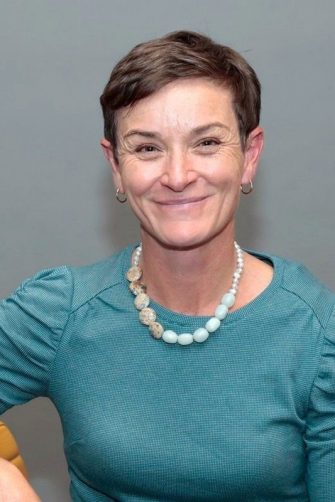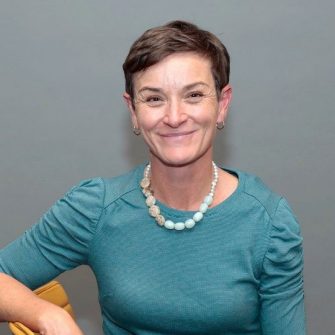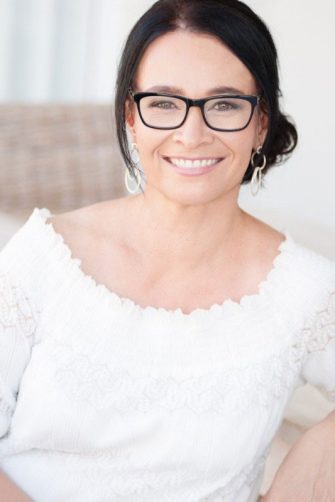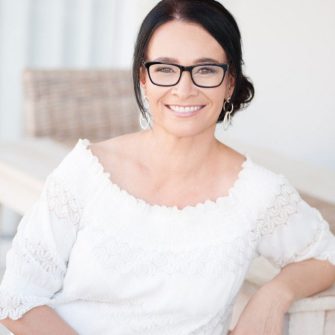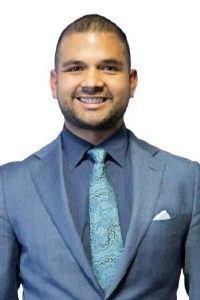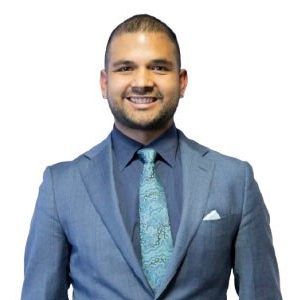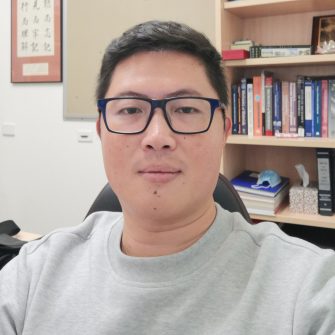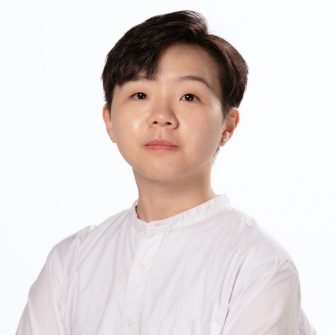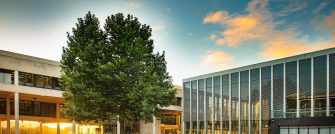
2-3 September 2025 | UNSW Canberra at ADFA
2025 SET HDR/ECR Conference
Thank you
Thank you for attending and participating in the 2025 SET HDR/ECR Conference at UNSW Canberra on 2nd & 3rd September.
Congratulations to the winners for the conference:
Best Presentation - Kaushik Raj Pyla
Aerospace Engineering – Lily Flannery
Civil Engineering – Pasindu Meddage
Electrical Engineering – Abhi Veda
Mechanical Engineering – Hang Dong
We look forward to seeing you at 2026 SET HDR/ECR conference.
Organising committee:
Juan Pable Escobedo-Diaz, Hongxu Wang, Yan Kei Chiang
supported by
Ania Svorad and Reeti Rai (SET Admin)
Overview
The SET HDR/ECR conference is an annual event held to showcase the latest research from post-doctoral fellows and HDR students. This year, the conference will take place on 2-3 September, 2025 at UNSW Canberra at ADFA. It will feature parallel sessions organised thematically by research areas. Students and academics are welcome to attend, and registration and attendance are free.
Supervisors, please encourage your HDR students and postdoctoral fellows/associates to take advantage of this opportunity and participate in the conference. Presentation skills are crucial in both the research and industrial engineering worlds, making this the perfect chance for your HDR students and early-career researchers to gain invaluable experience.
The program will feature presentations from the following School of Engineering and Technology themes:




Program
- Tuesday
- Wednesday
-
-
-
-
-
Impact resistance of bio-inspired 3D-printed Alumina shieldMech-LT6
Alberto Pagano
Non Conservative Efficient Collision Checking for Trajectory Planning in RoboticsAero/Space-LT7Binh Nguyen
-
Understanding effect of Eyelash Cracking on Tensile shear performance of Aluminium Resistance Spot WeldsMech-LT6
Arun Lalachan
3D Geometry Optimised Passive Space Shield Against Hypervelocity Debris ImpactAero/Space-LT7Buren Altantsetseg
-
Confidence-Driven Explicit Averaging and Selection Strategy for Noisy Black-Box OptimizationMech-LT6
Enrico Halim
Observing Fluid-Thermal-Structural Interactions on an Actively Heated, Buckled, Clamped-Free-Clamped-Free Panel in Mach 6 Flow - rmal-Structural Interactions on an Actively Heated, Buckled, Clamped-Free-Clamped-Free Panel in Mach 6 FlowAero/Space-LT7Damon Kirkpatrick
-
Advancing Nitinol-UHMWPE Composite Research and Development for Body Armor ApplicationsMech-LT6
Faraz Hussain Hashmi
Forecasting the readiness of drone racing technology for an autonomous military capabilityAero/Space-LT7Kerin Joyce
-
Incipient motion of plastics in fluvial systems: The roughness paradoxMech-LT6
Felipe Condo Colcha
Assumptions and Uncertainty in Re-entry ModellingAero/Space-LT7Lily Flannery
-
Tuning the Mechanical Performance of 3D Printed Auxetic StructuresMech-LT6
Hang Dong
Unsupervised Class-Agnostic Object Detection from Event-Based Data Using Probabilistic Filtering and 3D Morton Code ClusteringAero/Space-LT7Pratham G.Shenwai
-
-
-
The Role of Social Influence in Shaping Consumer Expectations Toward Electric Vehicle AdoptionCivil
Bisma Khalid
Modeling Insect Behavior using Machine Learning TechniquesElectricalAbhi Veda
-
Development of a novel sustainable material using recycled and treated coffee grounds for partial replacement of fine aggregates in concreteCivil
Firesenay Zerabruk Gigar
RLHF-Driven Household Appliance Scheduling with Dynamic Comfort WindowsElectricalAlaa Selim
-
Development of Safe Design Recommendations for Hydrogen Infrastructure Based on Experimental and Numerical AnalysisCivil
Wimukthi Panchanadayalage
All-pass Si3N4 metasurface filter for advanced flat-optics applications: Metalenses, Vortex Beams, and HolographyElectricalAndergachew Mekonnen Berhe
-
Surrogate modelling of unsteady wind pressure on tall buildings with varying aspect ratiosCivil
Pasindu Piumal
HOD-Lite: Efficient Human Detection with NAS, Distillation, and PruningElectricalMd Shahriar Shakir Sumit
-
Low Carbon Concrete: A pathway to sustainable infrastructure, Greener Future, and Circular EconomyCivil
Suliman Khan
Exploring the Potential of Novel BaCd₂P₂ Zintl Phase Compound: Computational and SCAPS-1D Study for High-Performance Photodetectors and PhotovoltaicsElectricalSalah Abdo
-
Forward prediction models for estimating mechanical properties of SCM-based concrete using machine learning techniquesCivil
Weillin Liu
Physical Neural Networks with Alternating Fixed Nonlinear and Trainable Linear LayersElectricalShiromal Kumara
-
-
-
-
-
A predictive framework for energy harvesting based on four canonical modes of vortex-foil interactionMech-LT6
Hong Ren
Hypersonic jet interaction on an axisymmetric finned vehicle using pressure sensitive paintAero/Space-LT7Nicholas Heath
-
Biomechanics of 3D-Printed Bone-Inspired ImplantsMech-LT6
Kaushik Raj Pyla
Investigating insect flight dynamics under aerial disturbancesAero/Space-LT7Muhammad Ihtisham Babar
-
Investigating the dynamic behaviour of additively manufactured 316L stainless steel using an integrated experimental and computational approachMech-LT6
Madeeha Khan
Establishing a baseline for Assurance of Complex and Critical Artificially Intelligent SystemsAero/Space-LT7Randall McCutcheon
-
Effect of the Density Gradient on the Mechanical Behaviour of an Architectured Material Under Dynamic LoadingMech-LT6
Manish Kumar
Environmental Feature Identification using Basic Autonomous SystemsAero/Space-LT7Ryan Locke
-
-
Influence of the design parameters on the mechanical properties of metallic microlattice structures under low velocity impactMech/Aero
Mohammad Ramadneh
Feasibility Analysis of an Aerodynamic Drag-controlled Attitude System for Propulsionles s CubeSatsCC/EEShathria Ompragas
-
Brine-Synthesised Multi-Metal MOFs for Epoxy Fire Protection: From Simulation to ExperimentMech/Aero
Randy Ncube
Flow-Induced Vibrations in Compressible Flows using a Hybrid Immersed Boundary-Lattice Boltzmann MethodCC/EEVigneshwaran Rajendran
-
Fire-enhanced wind load of a low-rise building and its mitigation by bio-inspired geometriesMech/Aero
Seyed Mohsen Hashem Zadeh
Effects of geometries on the aerodynamic performance of flapping wings in compressible flowsCC/EEXi Lin
-
Exploring hemp-based geopolymer composites as sustainable alternatives for building materialsMech/Aero
Nathnael Azmeraw Workeluel
Unsteady Load Alleviation using a Passively Pitching Airfoil: A Numerical StudyCC/EEMuhammed Sadique Parancheerivilakkathil
-
Mechanical characterization of functionally graded TPMS cored sandwich structuresMech/Aero
Yehan Rajapakse
Cislunar Space Situational Awareness via passive RF sensingCC/EETimothy Bateman
-
Transformer-Based Electromagnetic Attention for Topological Design of Exceptional Points in Plasmonic Metasurfaces
Amer Abdulghani -
-
Keynote speakers
Maximise your research potential
Benefits of attending the 2025 SET HDR/ECR conference:
Present your research and learn about the research of other HDRs in the School.
Build your academic profile.
Network with colleagues and identify potential collaborative opportunities over morning tea, lunch, and afternoon tea.
Participate in interactive guest speaker sessions.
Win prizes and have fun!
Showcase your research, build your academic profile, and connect with peers at the 2025 SET HDR/ECR Conference.
Organisers
-
All post-doctoral fellows and HDR students who have passed their confirmation review are encouraged to attend this conference. HDR students, including those pursuing a Master's by Research or PhD degree.
-
Abstract submission / registration has now closed.
-
Each presenter will have 12 minutes to present and 3 minutes for Q&A. An abstract of less than 300 words and the title of the presentation are required for registration. Abstract submission will open soon.
-
For all enquiries, please get in touch with Juan Pablo Escobedo-Diaz.
Location
The 2025 SET HDR/ECR Conference will be held at:
LT 6 & 7, Building 32, Lecture Theatre North, UNSW Canberra at ADFA campus.

